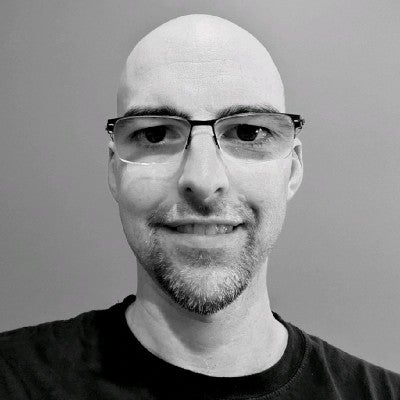
The Department of Genetics is pleased to present our 50th Anniversary Symposium! This event celebrates the history, people and scientific community here at the WashU Medicine Department of Genetics. Past and current members of the department including faculty, students and postdocs will speak on the history of the department and their current work!
The Department of Genetics was formed in 1975. From 1980s to 1990s, the department pioneered the field of genomics by sequencing S. cerevisiae and C. elegans. Most notably, the department contributed 25% of the finished sequence to the Human Genome Project. In the year 2001, one of the first Computational Biology PhD program in the world was established. Building on past foundations, the department continues to be a powerhouse of genetics and genomics research today, establishing leadership in various flagship NIH genomic medicine themed projects.
Date & Location
Thursday April 24, 2025 | 9am-5pm
Moore Auditorium
Lunch & Reception Following Event
Keynote Speakers
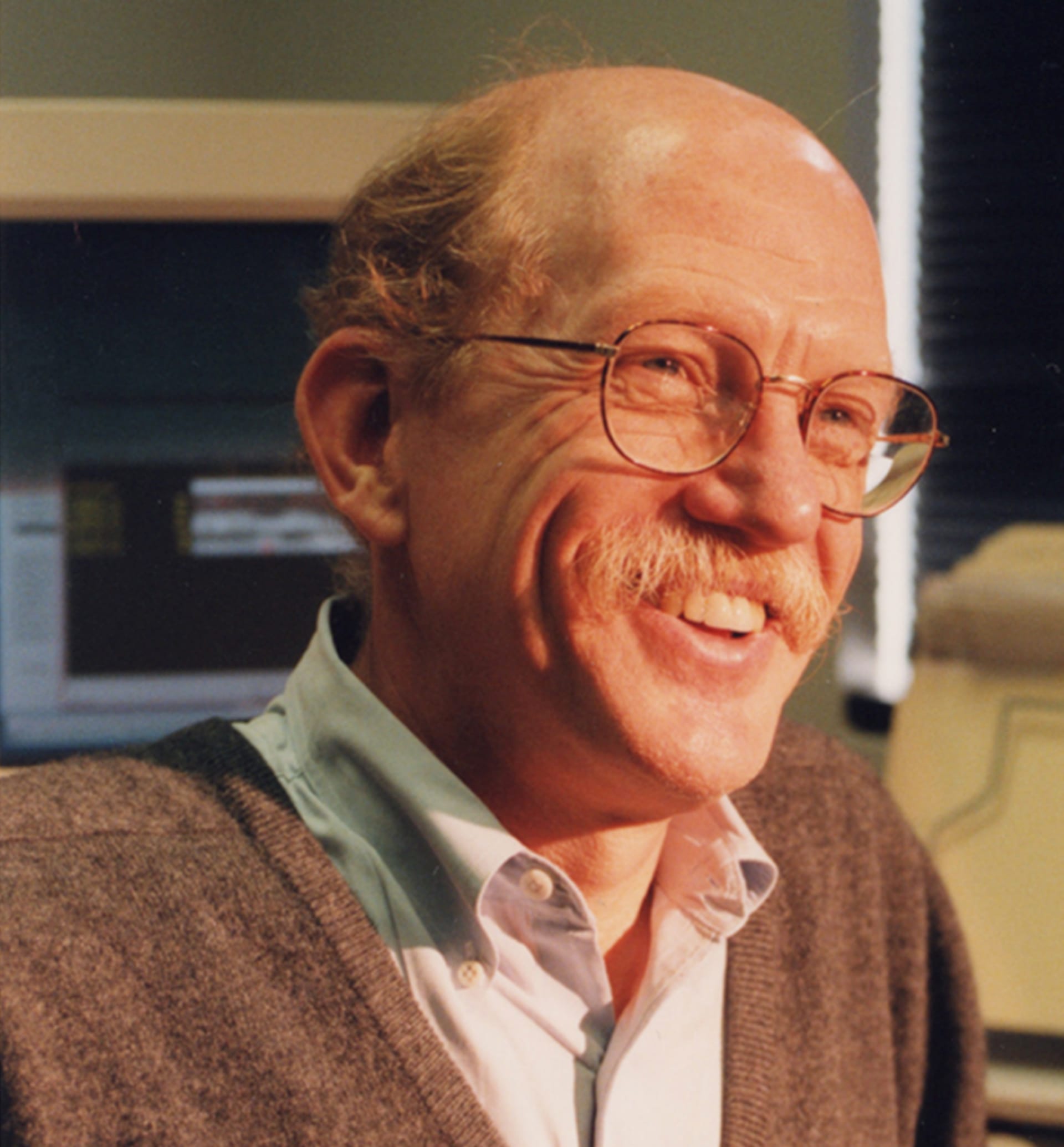
Bob Waterston, MD, PhD
Professor of Genome Sciences
University of Washington
Robert H. “Bob” Waterston, MD, PhD, is an esteemed American scientist best known for his pioneering work in the fields of genomics and molecular biology. He is particularly renowned for his involvement in the Caenorhabditis elegans (C. elegans) genome project, which was part of the broader Human Genome Project. This project led to the sequencing of the genome of C. elegans, a nematode that has served as a critical model organism for understanding human genetics and biology.
Dr. Waterston earned both his MD and PhD degrees from the University of Chicago. Dr. Waterston was a postdoctoral fellow at Medical Research Council (MRC) Laboratory of Molecular Biology in Cambridge, England where he worked on development in the nematode worm, C. elegans before joining Washington University School of Medicine as an assistant professor of anatomy and neurobiology in 1976. A few years later he switched to the Department of Genetics.
In 1990, Dr. Waterston started the worm genome sequencing project. He received a three-year grant to support the collaborative efforts between his lab and the MRC groups. This partnership led to the sequencing of the entire worm genome, a major milestone in genomics. It was the largest genome sequenced at the time.
In 1993, Dr. Waterston received a $29.7 million grant to continue his work on the Human Genome Project, a major milestone in the Department’s human genome research. The 5-year award from the newly created National Health Genome Research Institute (NHGRI) was aimed at refining the C. elegans genome and beginning the sequencing of several human chromosomes.
Dr. Waterston was named the James S. McDonnell Professor and Head of the Department of Genetics at Washington University School of Medicine in 1993. He led the department and played a leading role in the Human Genome Project. He recruited investigators skilled in computation to aid in the genomic efforts in the Department. These included Sean Eddy, PhD, who focused on developing software useful in modeling RNA structures and a database of proteins sequences and motifs, Gary Stormo, PhD, a computational biologist who studies transcription factor/DNA binding interactions, Barak Cohen, PhD, a systems biologist interested in gene regulatory networks, Robi Mitra, PhD, who was developing new single cell sequencing methods. Along with these computational experts, he also recruited model organism geneticists Steven Johnson, PhD, who used zebrafish to study tissue regeneration, Tanya Wolff who studies polarity in Drosophila, and Susan K. Dutcher, PhD, who uses Chlamydomonas to study cilia. Dr. Waterston also recruited Anne Bowcock, PhD and Michael Lovett PhD, to reinforce studies in Human Genetics in the Department. Everyone in the Department took advantage of having genomic sequence available to understand gene function.
In 2002, Dr. Waterston moved to become Chairman of the Department of Genome Sciences at the University of Washington.
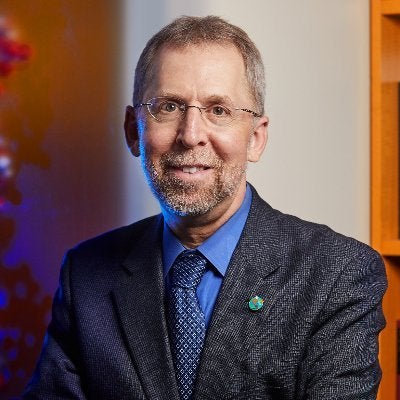
Eric Green, MD, PhD
Former Director, National Human Genome Research Institute
Born and raised in St. Louis, Dr. Green comes from a scientifc family. His father, Maurice Green, Ph.D., was a virologist at St. Louis University School of Medicine, where he directed the Institute for Molecular Virology for over fve decades. His brother, Michael Green, M.D., Ph.D., was a molecular biologist at the University of Massachusetts – Worcester where he served as chair of the Department of Molecular, Cell and Cancer Biology; vice provost for strategic research initiatives; director of the university’s Cancer Center; and co-director of the Li Weibo Institute for Rare Diseases Research.
Dr. Green received his B.S. degree in bacteriology from the University of Wisconsin – Madison in 1981 and his M.D. and Ph.D. degrees from Washington University in 1987. Coincidentally, 1987 was the same year that the word “genomics” was coined. During residency training in clinical pathology (laboratory medicine), Dr. Green worked in the laboratory of Dr. Maynard Olson, where he launched his career in genomics research. As a physician, he was drawn to genomics because of the potential of using patients’ genomic information for improving their medical care and management.
In 1992, he was appointed assistant professor of Pathology and Genetics as well as a co-investigator in the Human Genome Center at Washington University. In 1994, he joined the newly established Intramural Research Program of the National Center for Human Genome Research, later renamed the National Human Genome Research Institute. As a St. Louis native, Dr. Green is a lifelong St. Louis Cardinals baseball fan.
Speakers
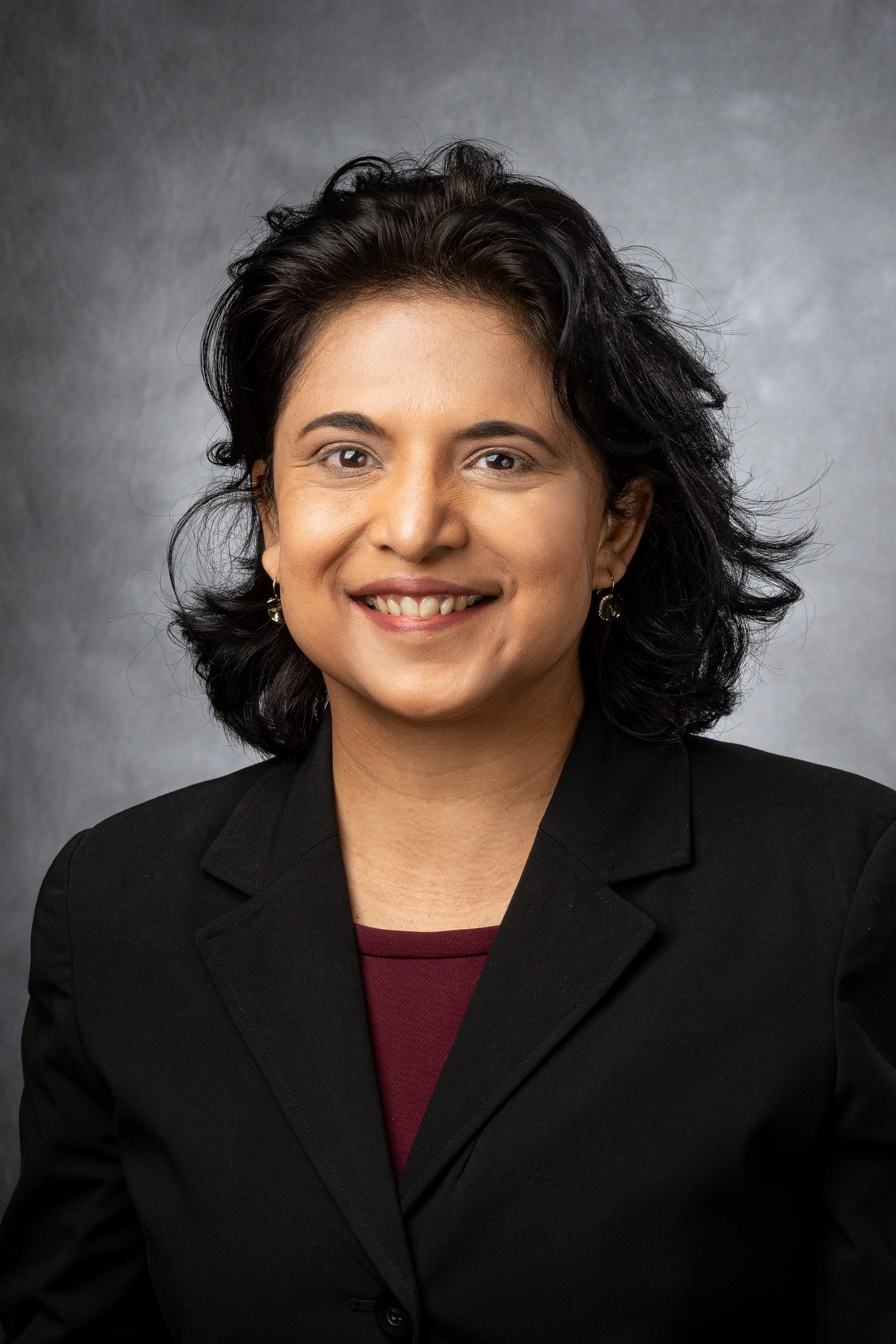
Swathi Arur, PhD
Professor, Department of Genetics, Division of Basic Science Research,
University of Texas MD Anderson Cancer Center, Houston, TX
https://www.mdanderson.org/research/departments-labs-institutes/labs/arur-laboratory.html
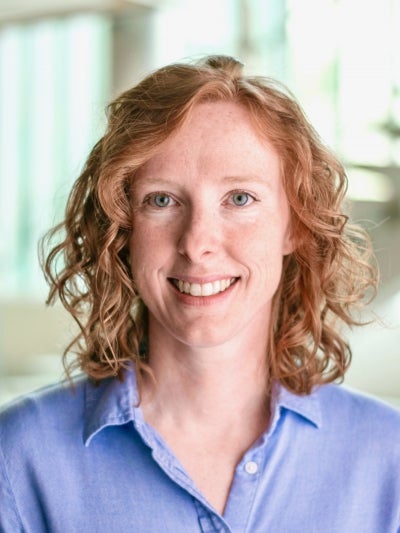
Katherine (K-T) Varley, PhD
Investigator, Huntsman Cancer Institute Assistant Professor, Department of Oncological Sciences
University of Utah
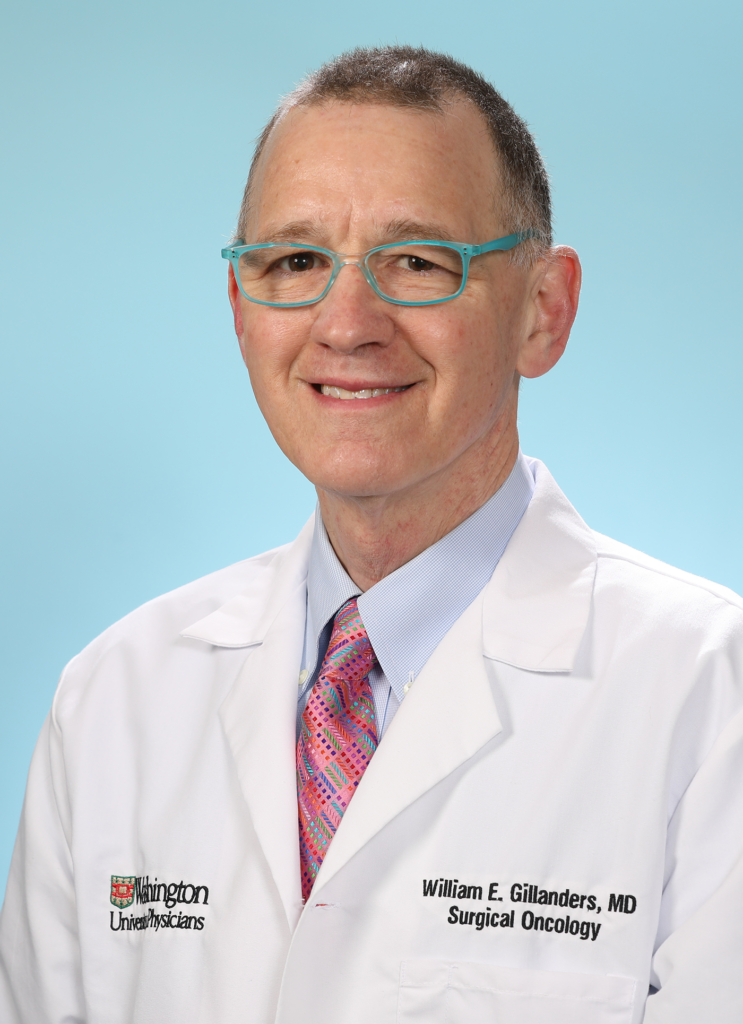
William E. Gillanders, MD
Mary Culver Distinguished Professor of Surgery
Washington University School of Medicine in St. Louis
https://profiles.wustl.edu/en/persons/will-gillanders/publications
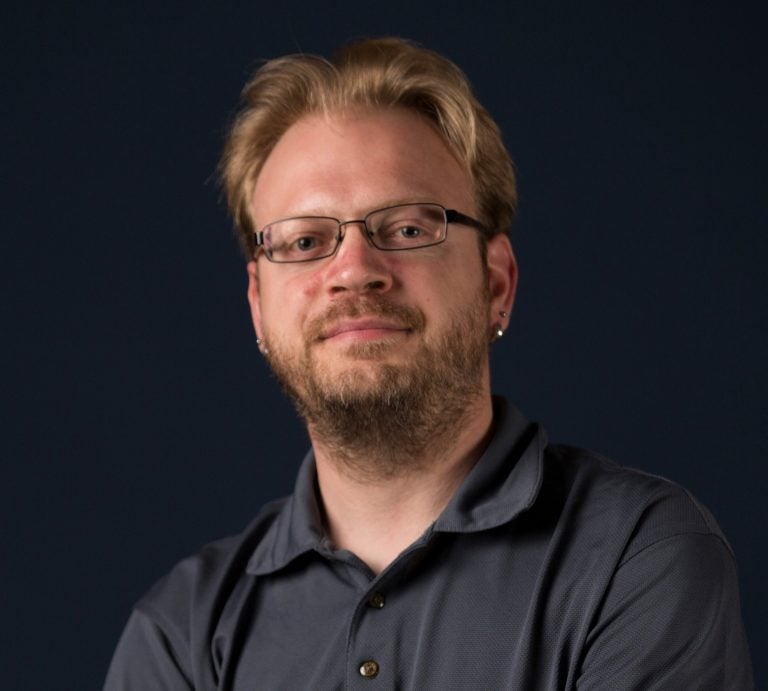
Chris Todd Hittinger, PhD
Professor & Director, J.F. Crow Institute for the Study of Evolution
University of Wisconsin–Madison
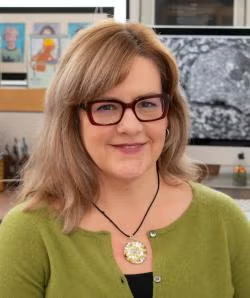
Heather Broihier, PhD
Professor, Department of Neurosciences, School of Medicine
Case Western Reserve University
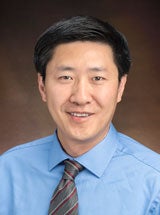
Kai Tan, PhD
Richard & Sheila Sanford Professor, Department of Pediatrics, Children’s Hospital of Philadelphia, University of Pennsylvania
https://www.med.upenn.edu/apps/faculty/index.php/g275/p8885111
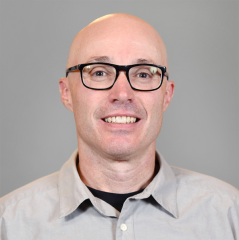
John McCutcheon, PhD
Associate Center Director, & Professor, Biodesign Center for Mechanisms of Evolution, School of Life Sciences
Arizona State University
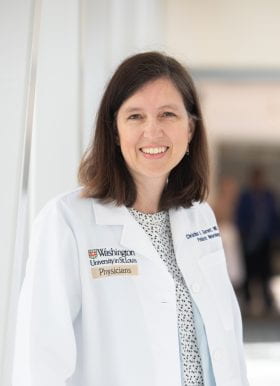
Christina A. Gurnett, MD, PhD
A Ernest and Jane G Stein Professor of Neurology
Head, Division of Pediatric and Developmental Neurology
Chief of Neurology, St Louis Children’s Hospital
Washington University School of Medicine in St. Louis
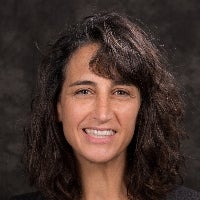
Victoria Brown-Kennerly, PhD
Assistant Professor of Biology, Director of the Computational Biology Program
Webster University
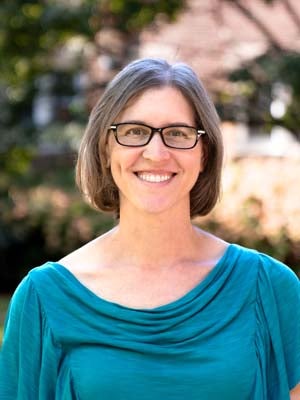
Alison Albee, PhD
Professor, Biology
College of Science Technology and Health
Lindenwood University
https://www.lindenwood.edu/about/directories/faculty-staff-directory/details/aalbee
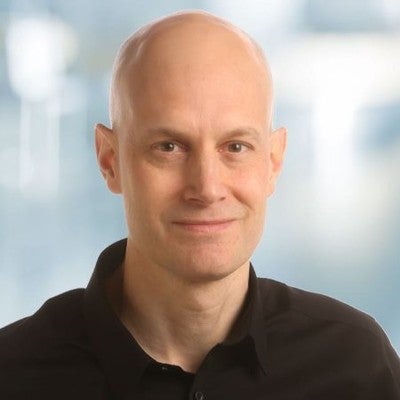
James McCarter, MD, PhD
Senior Managing Director at BioGenerator Ventures, Senior Vice President BioSTL
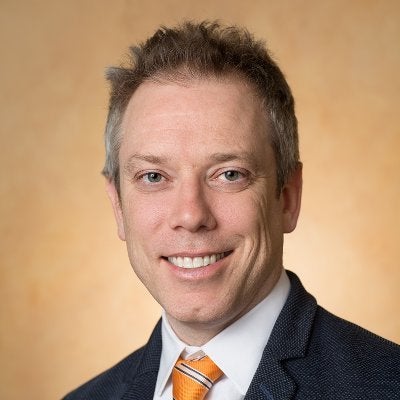
Donald F. Conrad, PhD
Associate Professor, Chief, Division of Genetics
Oregon National Primate Research Center
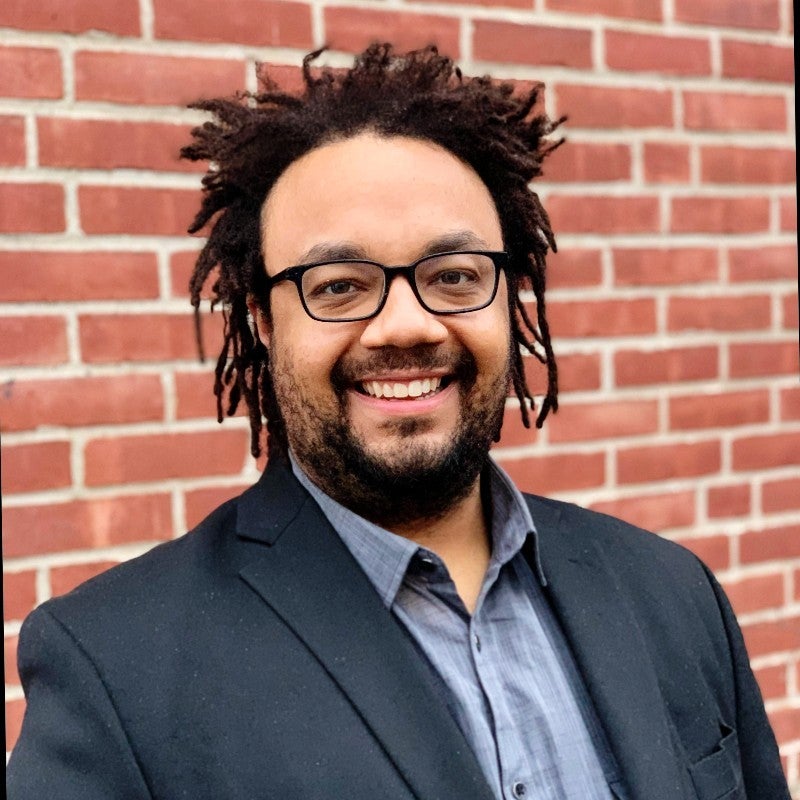
James Allen, PhD
HHMI Hanna Gray Research Fellow at Massachusetts General Hospital
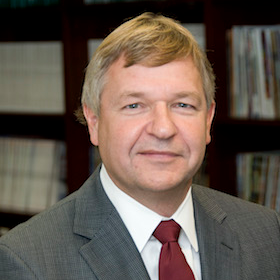
Jeffrey Milbrandt, MD, PhD
James S. McDonnell Professor, Department of Genetics and Executive Director, McDonnell Genome Institute (MGI) Washington University School of Medicine in St. Louis
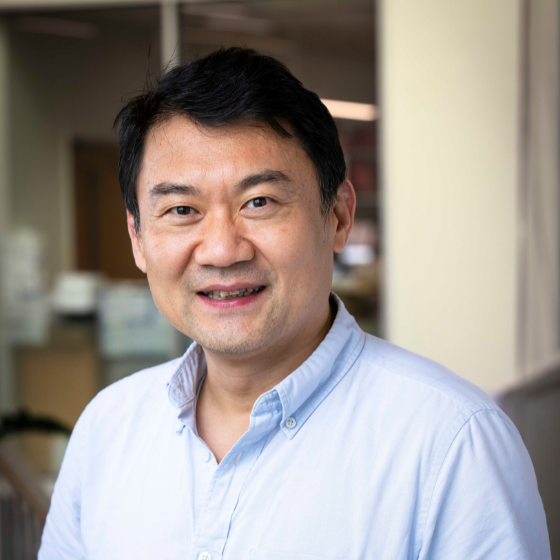
Ting Wang, PhD
The Sanford and Karen Loewentheil Distinguished Professor of Medicine and Head, Department of Genetics
Washington University School of Medicine in St. Louis
